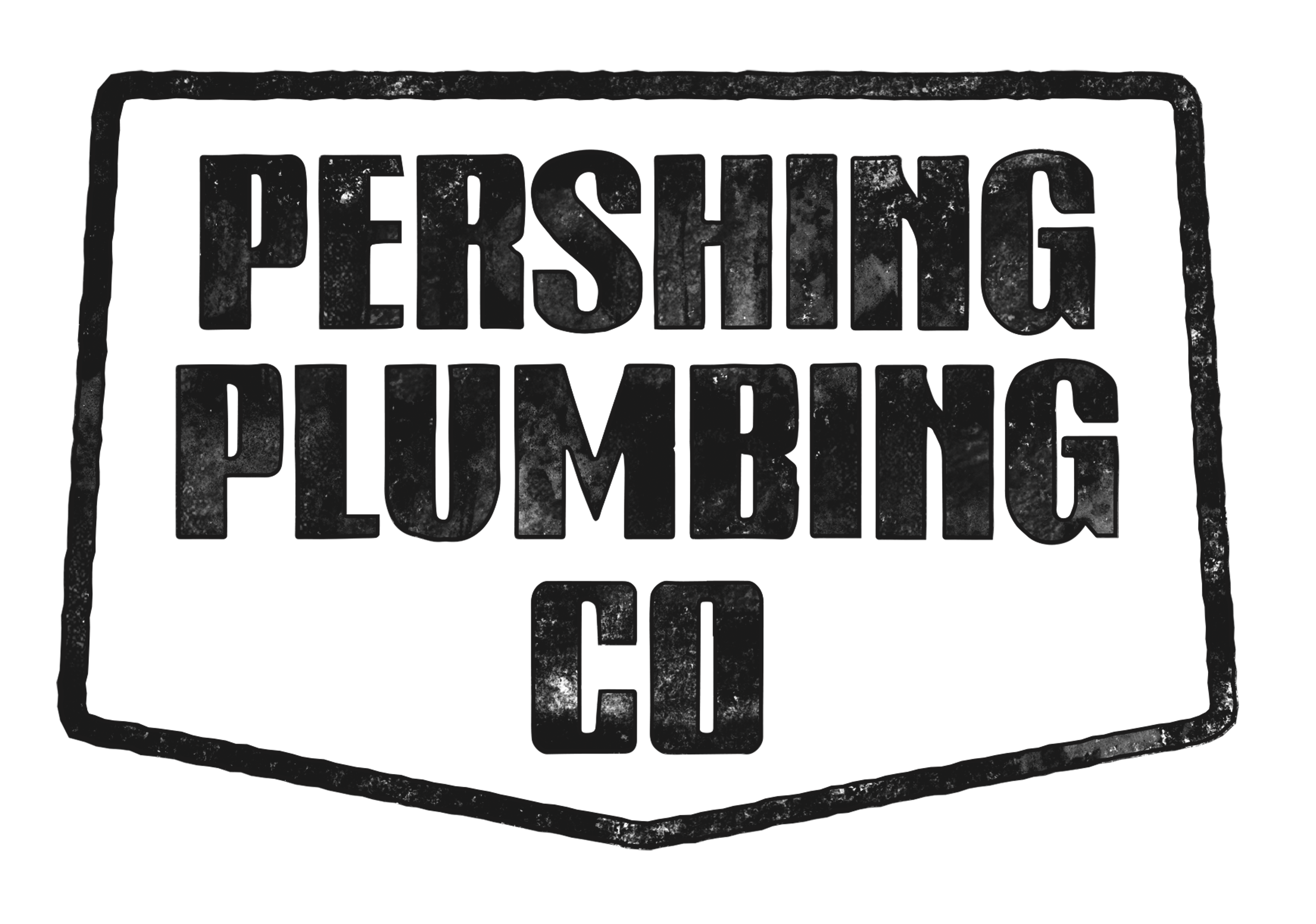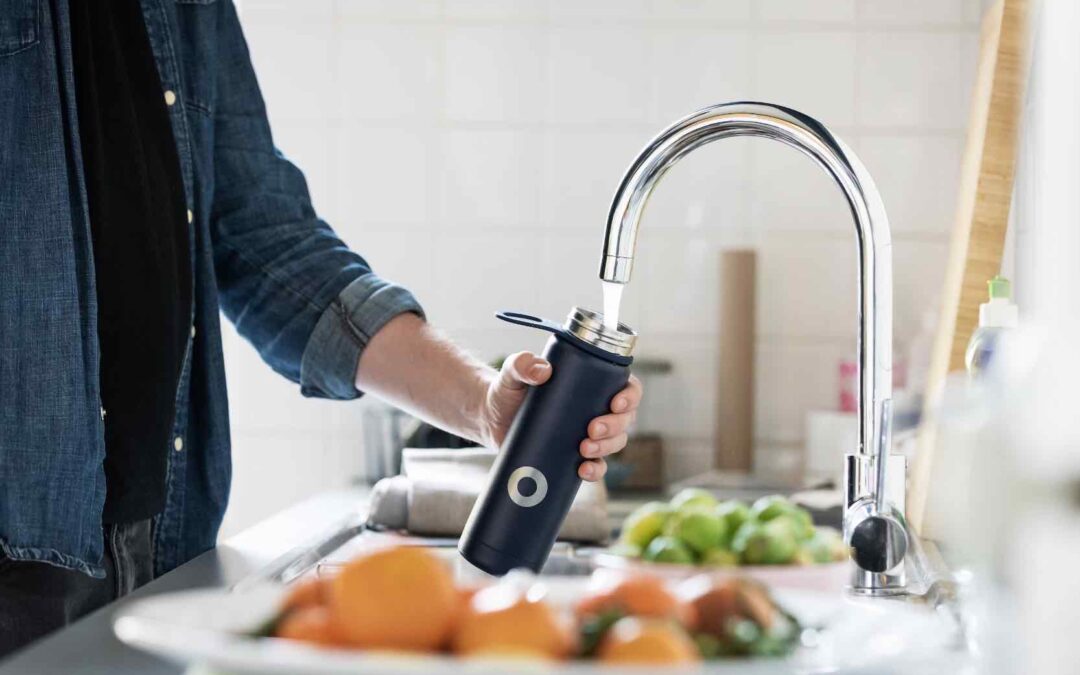A clogged drain can disrupt the smooth functioning of any household, making drain cleanouts an essential aspect of home maintenance.
While traditional methods have their place, incorporating advanced techniques and a thoughtful approach can make the process more effective and less daunting. This blog will explore some of the lesser-known yet highly effective strategies for drain cleanouts, providing homeowners with new insights and practical advice to tackle this often challenging task.
- The Importance of Regular Maintenance: Start with emphasizing the significance of regular drain maintenance to prevent severe clogs and plumbing emergencies.
- Biodegradable Cleaners for Safe Maintenance: Introduce the concept of biodegradable drain cleaners as a safe and environmentally friendly alternative to harsh chemicals. Discuss how enzymes and bacteria-based cleaners can naturally break down organic matter in the pipes.
- Using Inspection Cameras: Highlight how modern plumbing tools like inspection cameras can be used by homeowners to identify clogs’ location and nature, allowing for targeted cleaning.
- Customized Approach for Different Drains: Discuss the importance of customizing the cleanout approach based on the type of drain – kitchen, bathroom, or utility drains – each having different types of potential clogs.
- The Role of Hot Water in Dissolving Clogs: Explain how regularly flushing drains with hot water can help dissolve and dislodge buildup, particularly in kitchen sinks where grease buildup is common.
- Advanced Snaking Techniques: Provide insights into more advanced snaking techniques, such as using motorized drain snakes for tougher clogs, while also offering tips on avoiding pipe damage.
- Hydro Jetting for Comprehensive Cleaning: Introduce hydro jetting as an advanced method for comprehensive drain cleaning, effective in removing stubborn blockages and residue lining the pipes.
- The Power of Prevention: Share tips on preventive measures such as avoiding certain substances going down the drain, using drain guards, and being mindful of early signs of clogging.
- Professional vs. DIY Cleaning: Discuss scenarios where professional help is preferable over DIY methods, especially when dealing with recurring or complex clogs.
- Eco-Friendly Disposal of Residue: Emphasize the importance of eco-friendly disposal practices for any residue or waste extracted from the drains.
- Educational Resources and Workshops: Encourage readers to seek out local workshops or online resources for more in-depth learning about plumbing and drain maintenance.
- The Role of Good Practices in Long-Term Maintenance: Conclude with the long-term benefits of good drain maintenance practices, not just for preventing clogs but for extending the overall health and lifespan of plumbing systems.
Conclusion: Effective drain cleanout goes beyond the mere act of unclogging. It encompasses a range of practices from regular maintenance to the use of advanced techniques and tools. By embracing these innovative strategies, homeowners can ensure their drains remain clear and functional, avoiding the inconvenience and potential damage caused by clogged pipes.
Remember, while many of these methods can be performed DIY, there’s no substitute for professional expertise in more complex situations. Ultimately, the key to effective drain maintenance lies in a combination of proactive care, modern techniques, and environmental consciousness.

